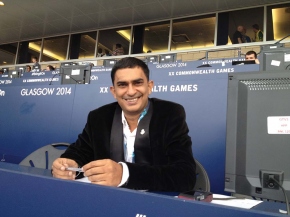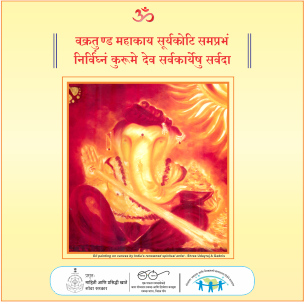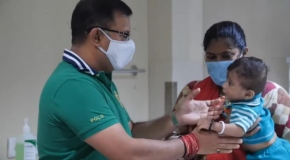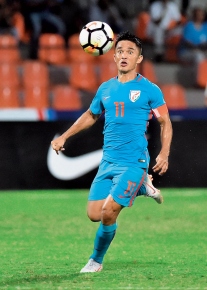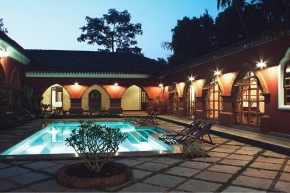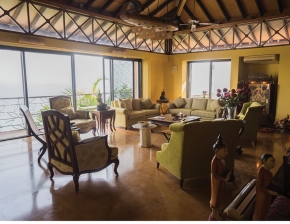Boost the Beautiful Game

His passion for the ‘beautiful game’ outweighs his love for writing. As Sukhvinder Singh often says, “Playing football with your feet is one thing, playing it with words is another.”
Singh is the director of Goa-based sports start-up Singh Sports Ventures. He started his career as a player and moved on to many managerial positions including chief executive officer at FC Goa.
Goa Goals is a collection of articles Singh wrote over the years for the Herald newspaper. This book is a tribute to Goa and an appreciation of the passion that the state has for the ‘beautiful game’. Here is an extract from Goa Goals.
Goa is endowed with a rich tradition of football history and culture. The passion for the sport unites the state, and football has been aptly termed as the ‘official state sport’ of Goa. Goa attained national superiority in 1983 when it became the national champion for the first time and since then has maintained a strong perception as a dominant state that has a strong state team as well as champion club teams in the national league. Goa has produced many players who have played for the country and two of its famous sons – Brahmanand Sankhwalkar and Bruno Coutinho – have won the prestigious Arjuna Award, the highest sporting award for sport in the country.
There are many stakeholders who have contributed to the growth and development of the sport in Goa. The government of Goa has always supported football through its institutions such as Directorate of Sports and Youth Affairs as well as the Sports Authority of Goa.
While the Directorate of Sports is responsible to create school competitions and programs, the Sports Authority of Goa strives to create infrastructure that could be used for training and competitions. The official apex governing body of football in the state is the Goa Football Association that works on a mandate from the All India Football Federation to manage the leagues, tournaments, grassroots development and football education in line with the statutes laid down by the national federations, the Asian Football Confederation and FIFA.
A huge credit for nurturing football in Goa goes to the clubs that were promoted mainly by the industrial and business houses of Goa including but not limited to Sesa Goa, Dempo and Salgaocars. Alongside, the contribution by the villages and its panchayats has been immense in terms of keeping the passion of football alive at the deepest levels across Goa.
In 2012 the then chief minister of Goa, Shri Manohar Parrikar designated football as the state sport and institutionalized the Goa Football Development Council (GFDC) to supplement and compliment the efforts by the other stakeholders for football development.
Seven years on the GFDC has done some commendable work in spreading grassroots training across Goa but has not done justice to the charter laid down by the council and its esteemed members. The council has operated in a silo that failed to integrate with the other key stakeholders which needed the support, direction and resources to further the larger objective of football development in Goa.
The GFDC Chairman Dr Rufino Monteiro strived hard to give professional structure to the organization but recently he hung up his boots. At this critical stage, the GFDC needs to have a serious thought about its future. More so the government which is responsible to continue the legacy and the footballing dream of Mr Parrikar needs serious introspection.
My personal opinion is that such a council in any state should be used as an enabler to energize the existing stakeholders who already have covered the comprehensive scope of football development. The state association organizes more than 1000 matches across all age groups and gender. The football clubs across four divisions belonging to numerous villages are engaging the communities through football and keeping the passion for football alive.
Schools across the state compete in the DSYA organized competitions but the standards of the tournament need to be upgraded. Lastly, the Sports Authority of Goa is sitting on valuable infrastructure, but the same seems to be out of reach for the football organizations that need it.
The need of the hour is to leverage the interest that the government harbours to frame a state football policy that outlines a vision for Goan football and establishes pragmatic guidelines for a purposeful ecosystem


